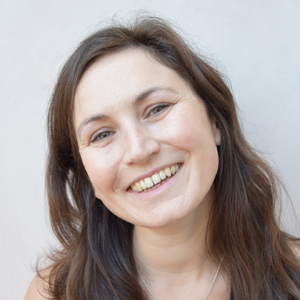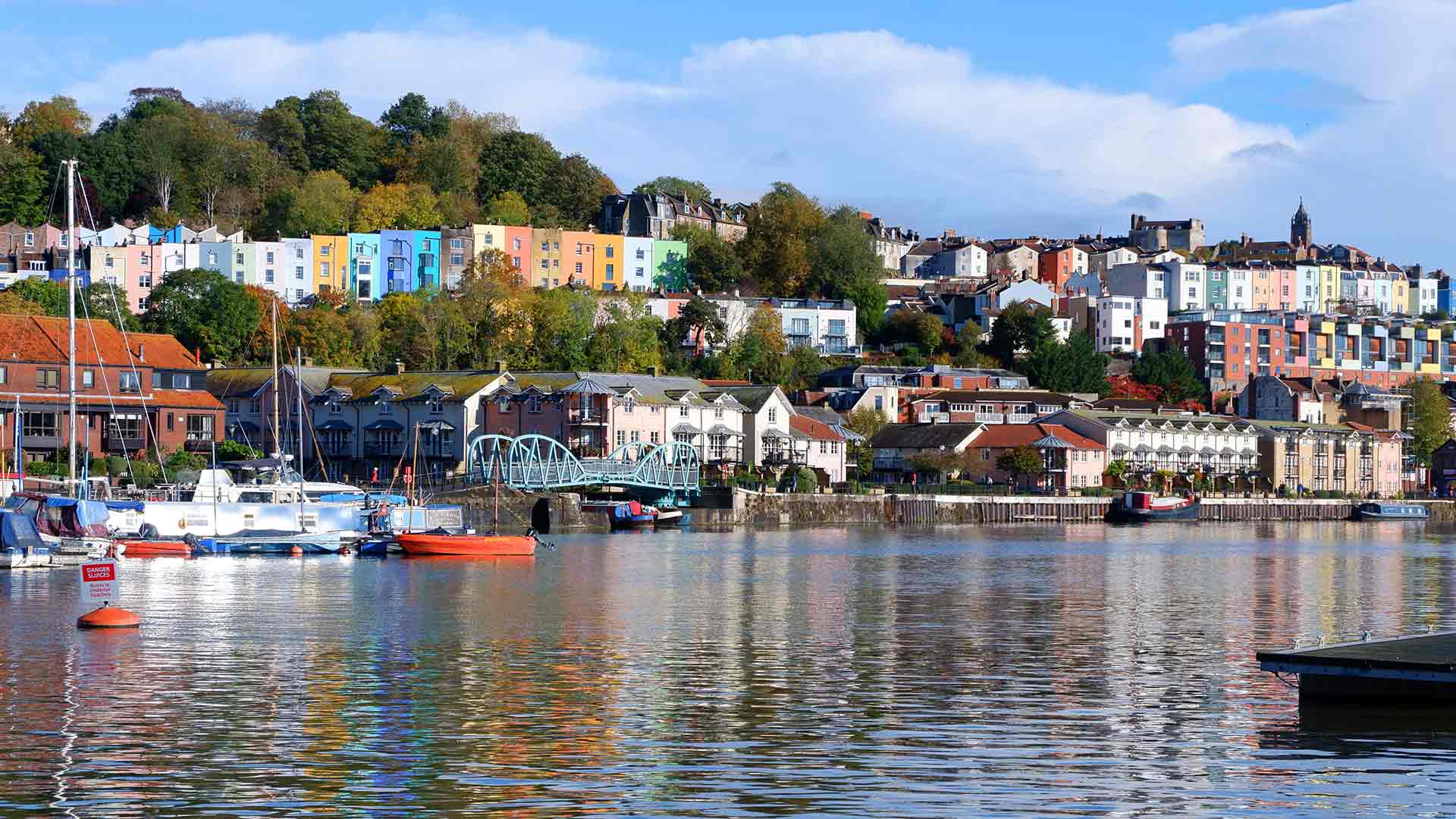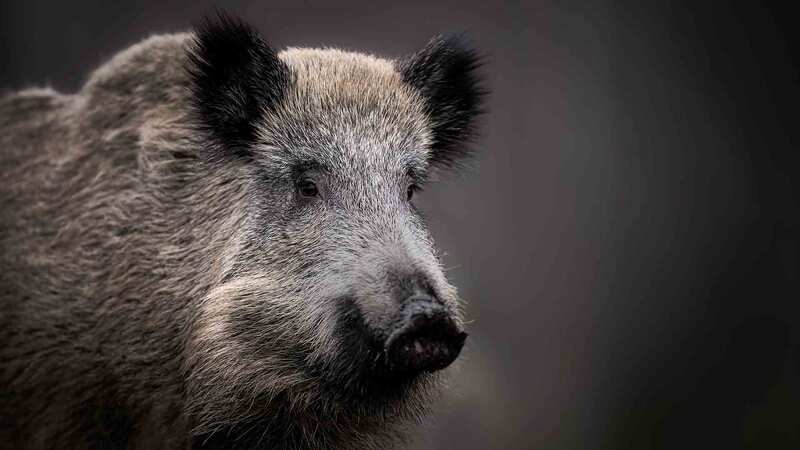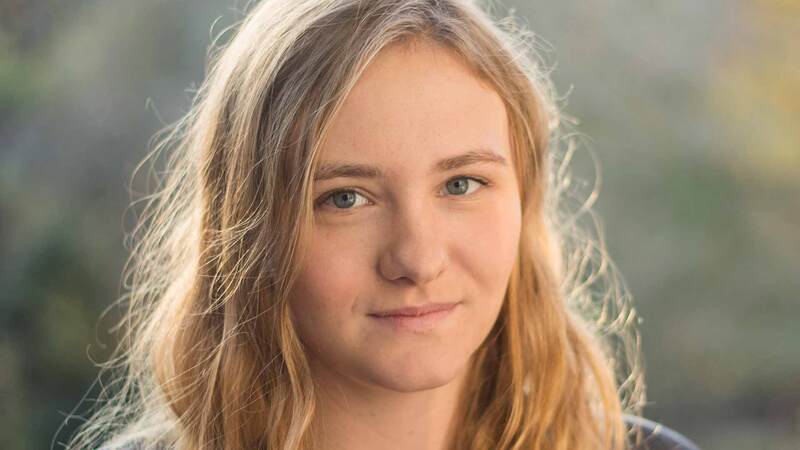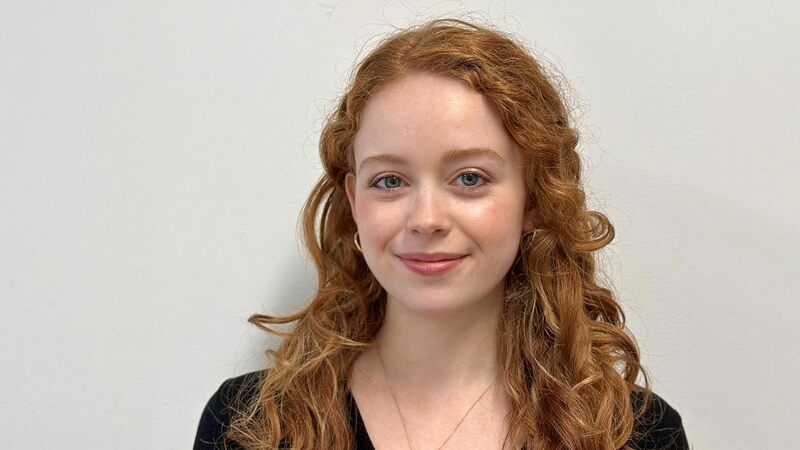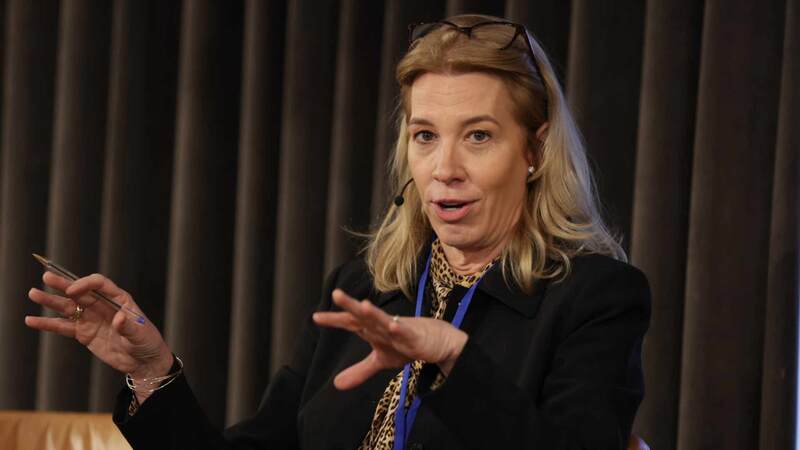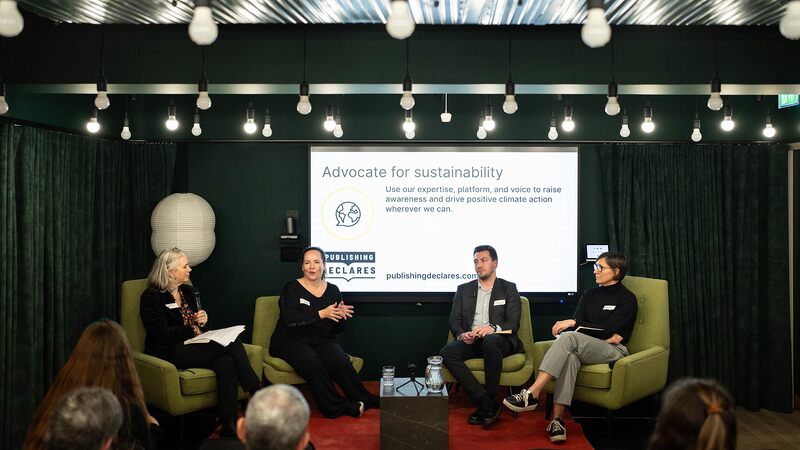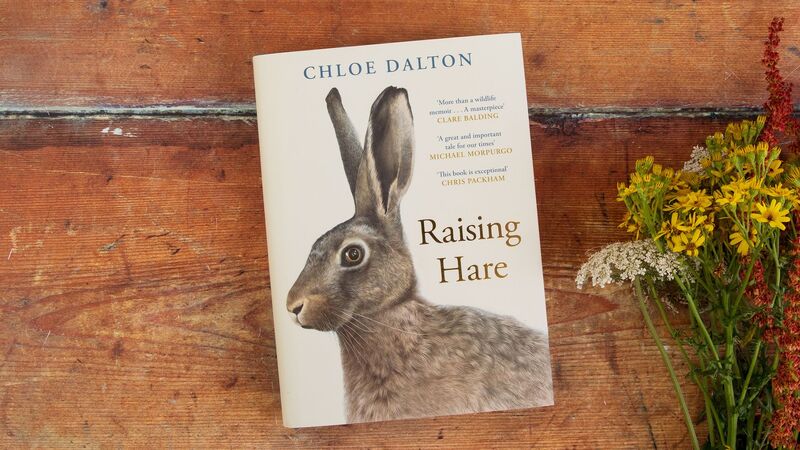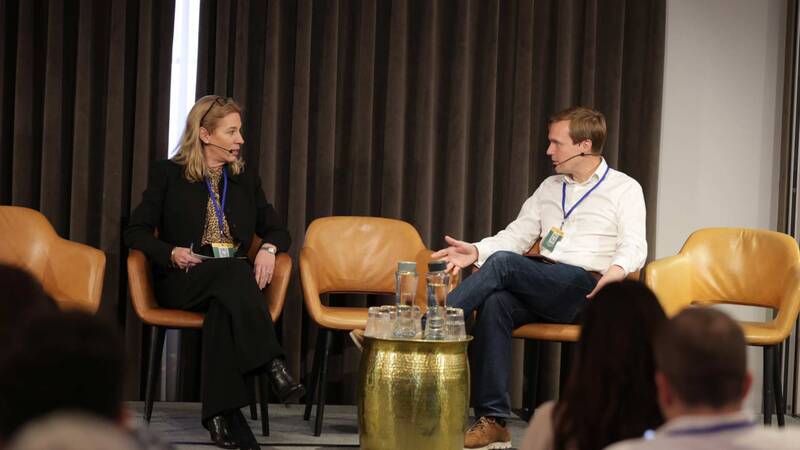Go (South) West
Bristol has become a hive of literary activity, but the book industry could do more to engage its creatively-minded community.
Two years ago, The Bookseller reported on a critical mass of activity in Bristol as the arrival of new bookshops, agents and publishers promised to transform its literary landscape. Since then, Hachette’s office has been a resounding success, but other publishers have yet to follow suit. This is a shame, as there’s clearly untapped potential in the South West.
Jade Chandler, publishing director at John Murray imprint Baskerville, notes: “We have a growing number of commissioning editors based at Hachette’s Bristol office, acquiring titles across a range of fiction and non-fiction. We are keen to discover more talented writers from the South West and nearby Wales and would love to see more literary agents setting up in Bristol, to embed themselves in the publishing ecosystem, both complementing and expanding the already vibrant literary community here.”
The Good Literary Agency was founded in Bristol, with the goal of increasing “opportunities for representation for all writers under-represented in mainstream publishing”. Recent successes, like client Wenyan Lu’s McKitterick Prize win, proves an agency outside London can compete with the major players. Last month’s publication of Vanessa Kisuule’s non-fiction début Neverland (Canongate) feels like an obvious move for a well-established poet with an original voice made for non-fiction. This begs the question: if there were more agents working here, would agents rush to bring South West-based writers to new audiences sooner?
The flurry of bookshop openings in Bristol has been a boost to the literary credentials of the city and has provided more spaces for emerging writers to meet and share work. Since bookhaus, Gloucester Road Books and Heron Books opened in 2021-22, and Max Minerva’s and Storysmith in 2018, venues in the city’s eastern neighbourhoods have flourished. In Redfield, Small City Bookshop hosts talks and storytelling nights with a particular focus on writing for young people and children. In Old Market quarter, East Bristol Books (EBB) is carving a niche.
Already a hub of creative activity, the South West has plenty more untapped potential
EBB is run by the publishers behind Girasol Press, which specialises in translation and books by queer, Indigenous and working-class writers, and this is reflected in their meticulously curated stock. Their success also owes much to a supportive local community. In October 2024, PAPAYA Fest brought Latin American music, film and discussion to the nearby Wardrobe Theatre, with cross-programmed events organised by EBB. Around the corner, author Charlotte Philby and designer Barney Beech run 17 Midland Road Gallery, which has hosted exhibitions and book talks since opening in June.
These interdependencies show what works well here, and what the book trade could tap into. Bristol audiences are community-focused and creatively adventurous. A few years ago, arts, theatre and literary crossovers were more commonplace. Spike Island gallery hosted a regular Writer-in-Residence and début author talks, Watershed cinema ran Bristol Women’s Literature Festival and Arnolfini gallery held the experimental poetry night, Anathema. A change in curatorial practice has made these multidisciplinary programmes much less common, while the loss of Bristol Festival of Ideas has contributed to a lack of cohesion in Bristol’s book scene.
This isn’t helped by Bristol’s geography. An unreliable public transport network, hilly terrain and wealth disparities create divisions between the city’s zones. But the tireless work of local literary champions is helping to combat this. Annual festivals like Lyra Bristol Poetry Festival and Conversations with Baldwin, organised by Words of Colour, have an excellent track record of programming in non-institutionalised spaces. The resilience and popularity of these events attest to the hunger for culture outside the most privileged venues.
Another initiative to forge connections across the city is the annual Bristol Bookshop Crawl, which gives visitors a detailed map and discounts at each shop. This is particularly poignant for sellers on the periphery—like the Good Book Shop, which opened with a roster of readings, book clubs and social events in 2022, but which ultimately suffered from lack of footfall. Undaunted, the shop’s founder pivoted to a book subscription service—the intersectional feminist Good Book Club— which kept their community in conversation. The literary podcast “Tender Buttons” has been another positive addition to the city’s virtual literary scene. Its hosts, Jack Young and Jessica Andrews, have profiled international authors as well as Bristol-based writers like Polly Barton, Marianne Brooker and Zakiya Mackenzie. This framed Bristolians as they should be—as culturally significant as those based in London and New York.
In terms of developing talent, it’s exciting to see industry partnerships with publishing degree programmes at Bath Spa and Exeter universities. As pursuing a career in publishing still generally means a move to London (often on eye-wateringly low starting salaries), the establishment of regional offices would serve early-career talent and make good on commitments to diversity and inclusion. Already a hub of creative activity, the South West has plenty more untapped potential. Along with arts funders and venue programmers, the wider book trade can do so much more to boost the innovation already happening—for the benefit of readers, writers, and publishers themselves.
